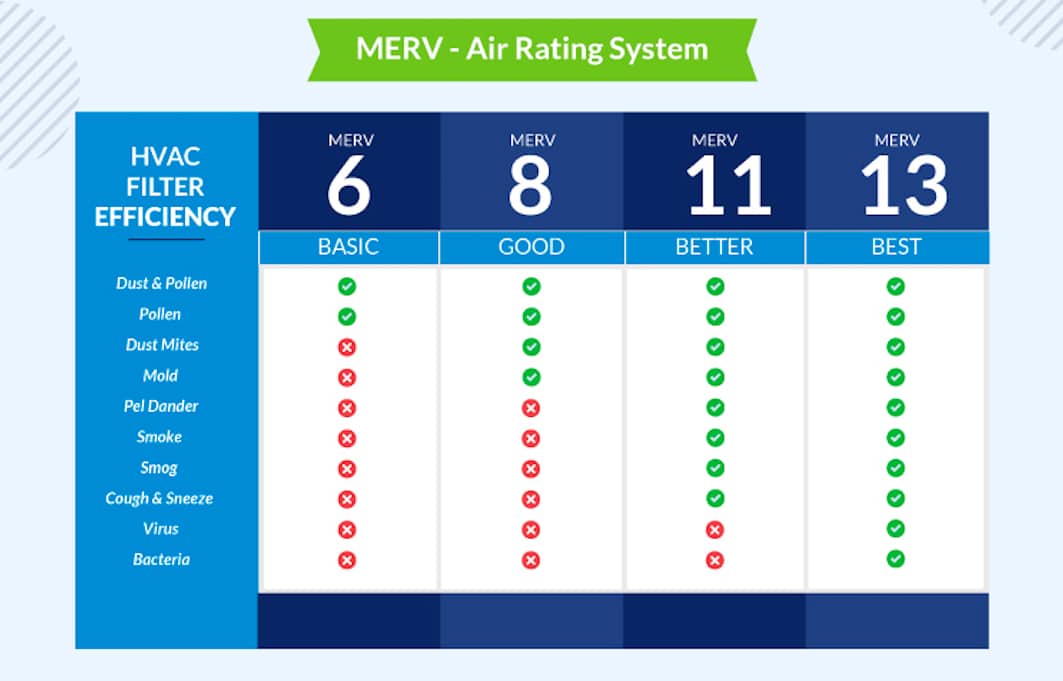The real cost of running a successful business website

The real cost of running a successful business website
Website hosting may not be much, but there are often other costs to consider. While not all of the extras are purely essential, those who are committed to success will want to consider them for inclusion.
When considering the cost of running a successful website, you need to look beyond the basics.
This not only means the cost of the hosting and the domain name, but also everything you need for maintenance and marketing.
Initial setup: How much do you pay for a website?
A few years ago, we studied 400 top freelancer profiles at Upwork (download spreadsheet here) to estimate the cost of setting up different websites.
- For a 10-page information website: you need $ 200 – $ 1,500 for the initial setup.
- For a 10-page information website with custom website designs: plan to pay $ 1,500 – $ 5,000 for the initial setup.
- For a 10 page website with custom designs and functions: plan to pay $ 5,000 – $ 10,000 for the initial setup and $ 1,000 – $ 10,000 / month for ongoing marketing and development.
At a minimum, you need web hosting and a domain name to own a website. This article will give you a look at everything else.
- Premium sample
Nowadays, the use of web applications to build and run websites is very common. For example, WordPress is the force behind more than 30% of websites that exist today. Many web applications like these support the use of templates.
Templates help users build engaging websites more quickly. While there are certainly free templates available, some of them cost extra. A premium template for WordPress can cost anywhere from $ 30 to thousands of dollars.
Where is Premium Sampling?
There are many sites that offer a choice of both free and premium templates – the most popular is for WordPress. Some of these examples include Envato Marketplace, Monochrome Templates, and Elegant Themes.
- Developer support
If you are new to web hosting and don’t have a lot of technical skills, you may need help from time to time. Everything broke off and everyone was on fire, that was simply a way of life. If your website is faulty and you can’t fix it then you may need to outsource the problem.
Web developers are available on a freelance basis, but prices can vary greatly. Your choice lies somewhere between the price you are willing to pay and the risk you need to accept and the skill level of the developer you have chosen.
Where to find web developer help
Freelancers including web developers can often be found on sites like Fiverr, UpWork, or Terrain. Some charge hourly while others may quote fixed rates depending on what you need to accomplish.
3.Additional
WordPress and many other web applications often have a healthy plugin ecosystem. These plugins help users to expand the core functionality of their website quickly and easily. However, some come with an additional price tag.
Simple plugins can be either free or a one-time fee for tokens. However, plugins are more complicated and set up typically range from $ 30 to hundreds. While many may not charge you an annual fee, there’s a chance you’ll lose developer support and access to updates if you don’t pay for the annual renewal.
Where to get the plugin
Most of the plugins are available online, but I recommend looking for a reputable provider. Ideally, get them from the WordPress Repository or towards a well-known source like the Envato Marketplace.
- Payment processing fee
Ecommerce websites usually cost more to run because they are commercial in nature. Web pages need to be faster, safer and help users process payments. Anything related to online payments will usually have additional fees.
To allow your users to purchase products through our online store, you need a payment processor. These providers will help process your chosen payment method and then hand the money over to you, safe and healthy.
So you might consider a variety of fees, depending on which provider you work with. Possible fees may include setup and annual fees, transaction fees, withdrawal fees, and more.
For example, PayPal charges 4.4% plus 30 cents per transaction if you sell to international customers.
Who needs to consider for payment processing
For independent websites, some of the popular payment processors include PayPal, Stripe, WorldPay. If you’re using an eCommerce website builder like Shopify and BigCommerce, they usually come with their own payment processor you can use.
- Data & Analysis

Image sources: https://unsplash.com/photos/eBRTYyjwpRY
While many people will be pleased to run a website with any kind of traffic, getting to know your audience is important. From where they go to what they love (or hate) – information that helps you see what needs improvement.
To get this information, you need additional tools. Exactly which you choose will depend on you. For example, Google Analytics is popular and very powerful but has its limitations.
This is especially important for commercial websites that depend on web traffic for revenue. Each visitor is a potential customer, so serving their needs is extremely important. If you find that your traffic has a high bounce rate on some pages, adjusting the content there might help.
Data tools to consider
Feeder and Pingdom are just the tip of the analytical ice you can look at. They provide comprehensive metrics as a basis for updating if you can use them effectively.
- Secure Sockets Layer (SSL) Certificate
SSL certificates help secure connections between your website and users’ browsers. In many cases, using a free shared SSL certificate is fine. They are usually provided by your web host or you can get them from Let’s Encrypt.
However, for those running business or commercial websites, getting better SSL is better. SSL certificate prices vary depending on the type you want to get. You can choose from Domain Validation (DV), Organization Validation (OV), or Extended Validation (EV) certificates.
Places you can get SSL from
Commercial SSL certificates can be purchased from many places. Some of the best sites to buy SSL include SSL.com, the SSL Store, and Namecheap SSL.
- Reaching customers
As with any traditional business, there are many different ways you can get leads. Some of these ways include reaching customers, advertising, digital events, and more. While you can do this for free or even on a tight budget, effective marketing costs more.
The reason for this lies not only in the nature of the activity.
Comprehensive marketing solutions often provide crucial data elements. Information that can help you calculate Return on Investment (ROI), save databases for future access, and more.
One of the biggest problems in advertising and marketing, though, is the budget. There are so many channels and activities to choose from that can come with very different price tags. For example, advertising on Facebook can cost you as little as a few dollars for a small campaign.
Where to Promote Your Business
As for advertising, some popular locations include Facebook, Google Adsense, and Instagram. If you want to do it yourself, there are other ways, such as an e-Newsletter (try Mailchimp) that you can send to your customer database.
- Customer support automation
Again, what business websites need to look at more than just customer support. The website never sleeps and customers can arrive at any time of the day from different time zones. This means you need to be ready for them 24/7.
One way to do this is to have a customer support team. However, even if you outsource, that might not be practical for smaller businesses. In any case, automation is the way to go today, and you can get there with a chatbot.
Chatbots vary in capabilities, but most can be driven by scripts of the content you create. The better the scripts, the better your bot. In addition, there are AI-based solutions too, but these tend to be more expensive.
Chatbots you can review
There are so many things to choose from, it’s a buyer’s market. Good examples of Chatbots include Chatfuel, Slopes, and ManyChat.
- Search Engine Optimization (SEO)
Search Engine Optimization (SEO) is the hidden cost of website hosting. It’s the singular best way to get comprehensive and active web traffic sources by helping you target search engines for inclusion in listings.
However, completing it is no easy task. Besides the intricate mix of skills required for effective deployment, you’ll also have to pay the price for usable tools. Although there are a number of free add-ons around, overall, I found these to be quite ineffective.
What SEO tools to use
For serious website owners, invest in signing up for top SEO tools like SEMRush or Ahrefs. Your website will thank you for many years to come and if you use them well, you will laugh all the way to the bank regardless of the monthly subscription fee.
Conclude:
As you can see, this list includes a mix of must-have and maybes. For example, payment processing is not something a regular website needs. On the other hand, an SSL certificate will be considered required.
Building a website can in fact require as little as buying web hosting with a domain name included. From there just building a website and pouring it in, the rest depends on luck. The main difference is how much success you want your website to be.
Matches Your Website Budget & Goals
The website you get with a 200 dollar budget
For $ 200, you can expect to have a custom domain name and use a low cost shared hosting plan for your website. You can use WordPress as a platform to run your website and use free or premium designed templates.
You will most likely run everything on your own and be tasked with editing and creating articles, adding features and functionality, and maintaining the site. For SEO and social media integration, you’ll have to rely on free plugins like Yoast SEO.
The website you get with a budget of $ 1,000
For $ 1,000 you can expect to have a custom domain name and the ability to choose between shared or VPS hosting plans. WordPress is still the best platform for building your website but now you have the option to use free or premium plugins and also premium templates that you can modify to suit your needs. .
Hiring a freelancer to do some of the tasks like designing your website, creating content, or even SEO and social media is possible, although you shouldn’t expect anything fancy.
The website you get with a budget of $ 5,000
For $ 5,000 you can get a custom domain and the option to host your website on a VPS or a cloud hosting plan for better server performance. You can still build your website on WordPress or you can explore other CMSs.
If you’re looking to start an online store, you can hire a freelance translator or agency to help build the entire content with a tailored template and custom-made features. You can hire freelancers to handle certain aspects of your website like SEO, social media, and content creation. Although if you want to keep costs down, we recommend doing it yourself.
The website you got with a budget of 10,000 dollars
In addition to a domain name, for $ 10,000, you can host your website on your own (shared / dedicated) server. The website itself can be built on top of WordPress, other CMSs, or you can hire a developer to build it from scratch with unique features according to your needs.
The look of your website will be an original design that is relevant to your brand identity and relevant to your industry and target audience. You can also hire agents or freelancers to handle tasks like content creation, SEO, and social media management.
How serious are you a website owner?
Success is primarily measured in web traffic, and many of these tools can help you in your journey towards that goal. Building a website faster, more beautiful, and more secure – contributes to the overall quality of the web.



